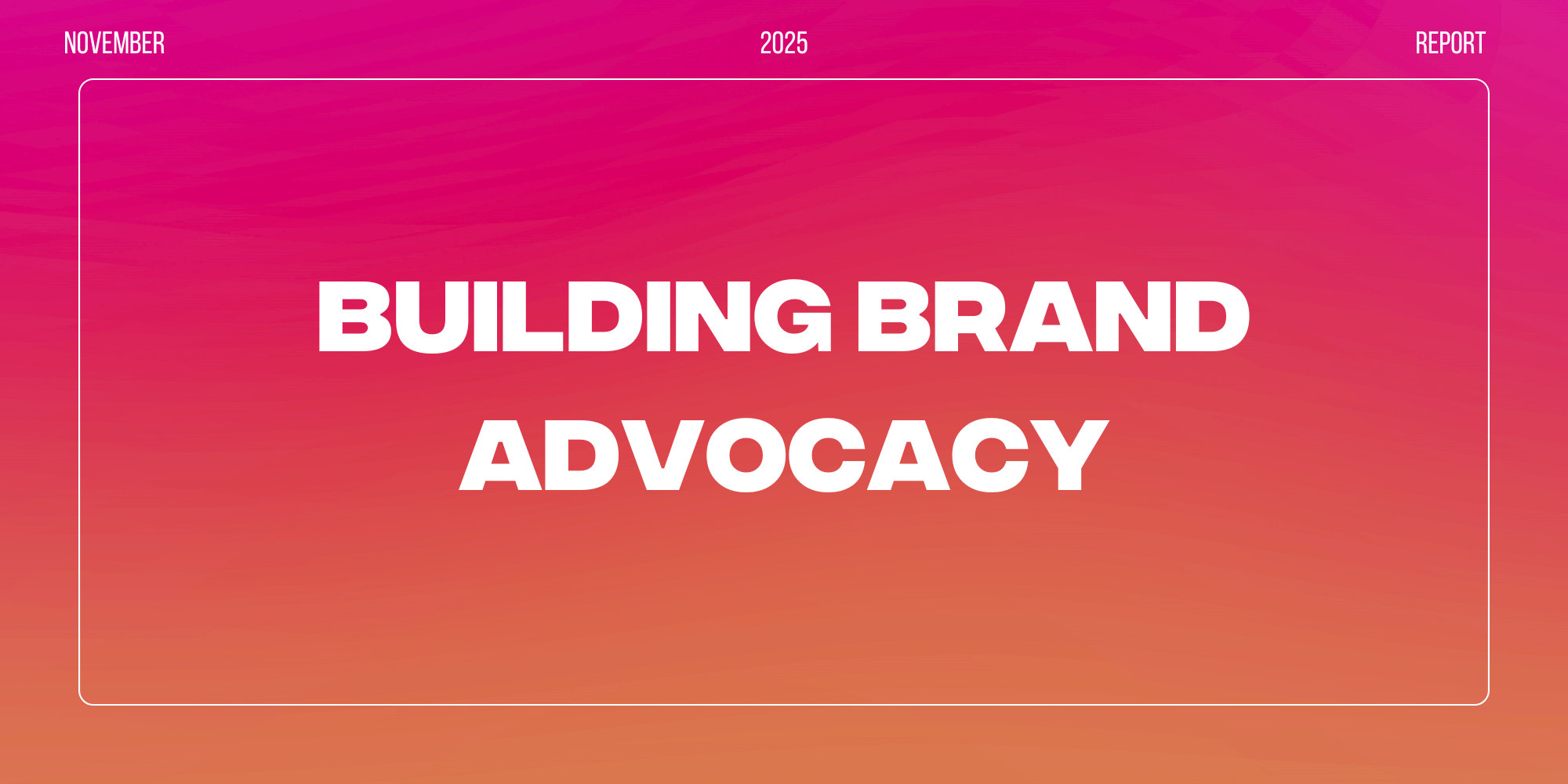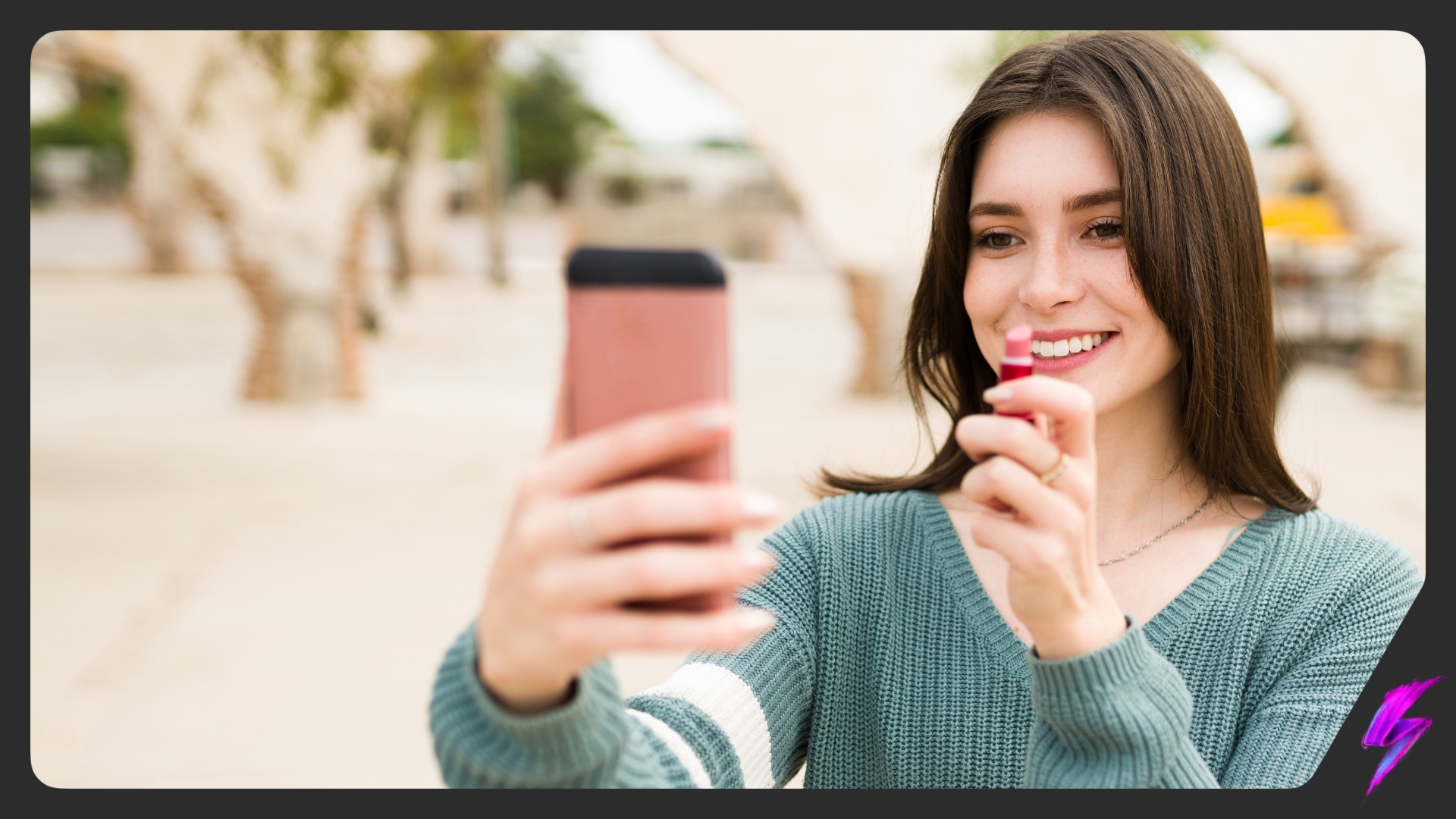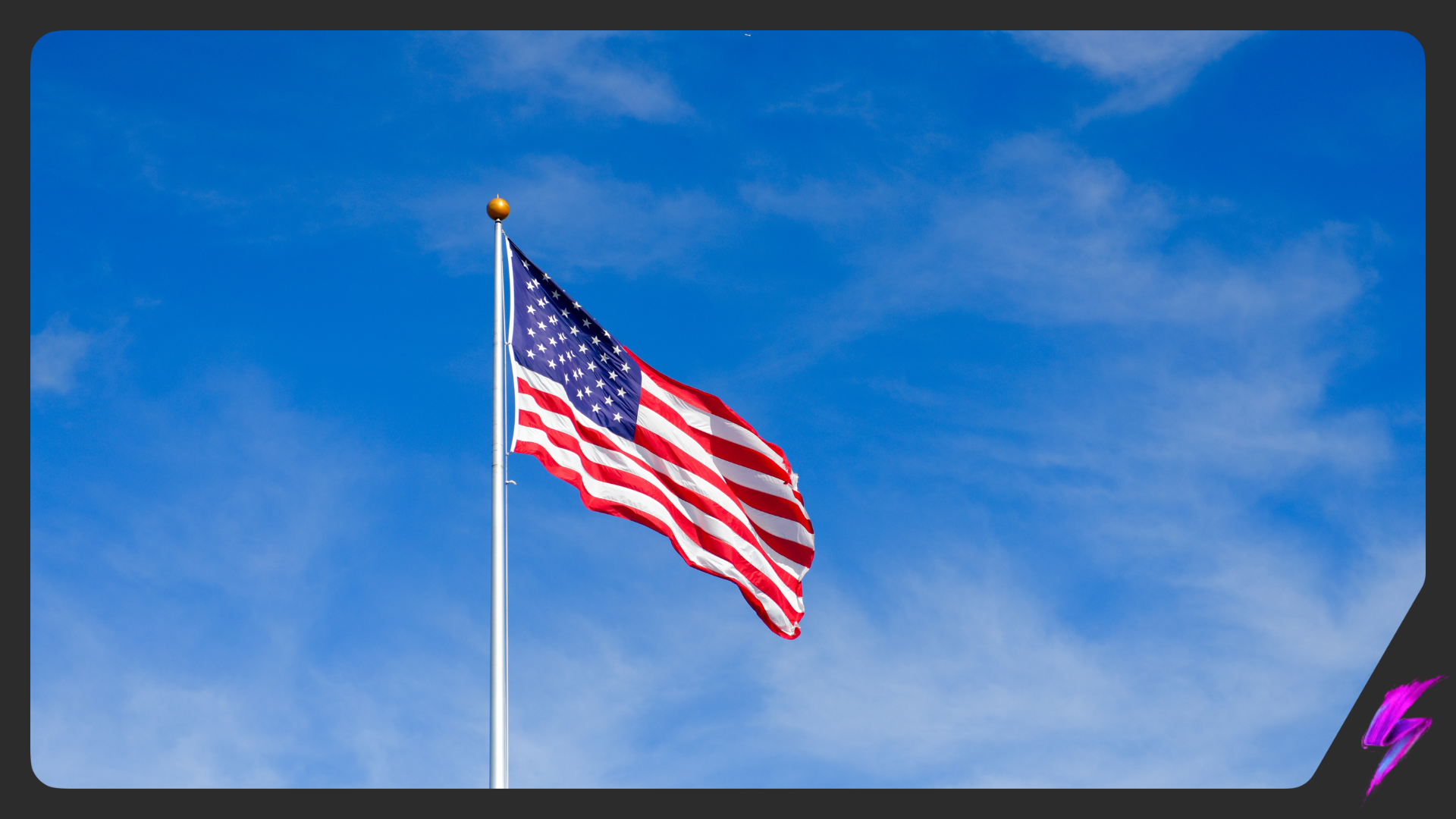Ageing On Social Media: The Drunk Elephant Generation
Mar 07, 2024
Social Trends
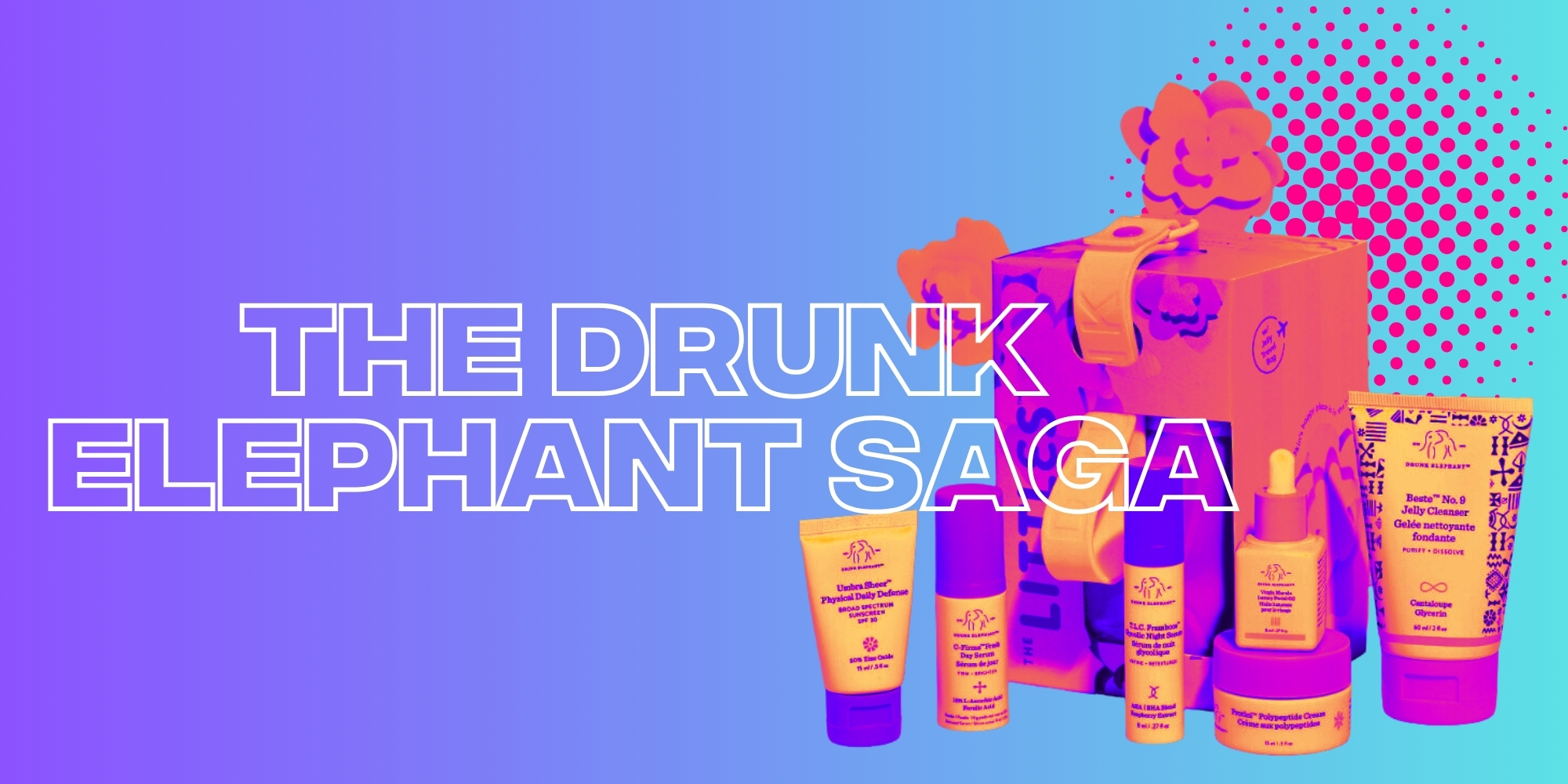
Of all the generations causing a stir on the internet, Gen Alpha wasn’t on our bingo card. Now known as the ‘Drunk Elephant generation’, these Tweens are breathing a whole new life into high-end skincare consumption, putting older generations to shame for their skincare routines (or lack thereof) consisting of a simple moisturiser and not a fermented Sake spray or various peptide creams.
Where birthday and Christmas wish lists of 10-year-olds were once filled with Bratz dolls and board games, they now mirror the Amazon storefront of a beauty influencer, boasting several products well over the “acceptably-priced” threshold. Some have even abandoned the listing of individual products altogether and simply listed highly-sought-after skincare brands as a whole.
Drunk Elephant is one of them.
@vadastevens It’s expensive around here 🎀 #girlmom #justajoke
But what business does Gen Alpha, who barely know how to pronounce words like polypeptide and ceramide, let alone know how to incorporate them into a skincare routine, have with such expensive and complex brands like Drunk Elephant? More importantly, in which ways does this contribute to the ageing on social media epidemic we seem to have found ourselves in post-covid?
From get-ready-with-me TikTok videos featuring the bestselling bronzing drops, to step-by-step AM and PM skincare routines spotlighting a multitude of serums and treatments, the Drunk Elephant generation are changing the narrative within the beauty space. Do we really think they believe Santa’s elves are working tirelessly in the North Pole pouring globs of Protini Powerpeptide Resurf Serum into tiny bottles, or is social media finally outweighing tradition?
Let’s talk about it.
What makes Drunk Elephant so appealing?
Before we delve into why Gen Alpha appears to be ageing on social media right in front of our very eyes, let’s first look into what makes Drunk Elephant such an appealing brand and how it’s managed to gain a cult following among Tweens, as opposed to other luxury skincare brands like TATCHA who still very much sees Millennials as its core consumer group.
Founded in 2013 by Tiffany Masterson, Drunk Elephant was created to personally solve her own skincare woes. After suffering long enough with mild rosacea, visible pores and breakout-prone skin, Tiffany decided to eliminate all the ingredients she believed were the root cause of her problems and reformulate her own products with a high percentage of active ingredients at skin-friendly pH levels.
But between the ages of 9 and 12, skincare routines should consist of no more than a gentle cleanser, daily moisturiser and SPF, so we know the Drunk Elephant appeal doesn’t stem from the need to lather ceramides and peptides onto pre-pubescent skin. Nor does it come from wanting to tackle skin problems like rosacea, age spots or dryness.
It seems Gen Alpha’s gravitation towards Drunk Elephant products is a lot more surface level than this. For starters, the brightly-coloured packaging of the brand’s products scream ‘fun’ and makes for very instagrammable (or TikTok-able?) content, especially if three or more products are acquired and featured in the same shot. Turns out ageing on social media hasn’t actually got anything to do with skincare after all, and rather a whole lot to do with displaying as many cult favourites in one video as possible.
@garzacrew GRW Haven using only Drunk Elephant
It seems the onus isn’t entirely on the attraction to brightly-coloured, aesthetic packaging, however. After all, to end up on the wish lists of such young consumers, the products first have to be brought to their attention somehow.
Cue UGC and influencer marketing.
The power of influencer marketing
Online discourse surrounding the Drunk Elephant generation is often met with both animosity and curiosity. Older generations rarely shy away from exposing the state the product testers are left in at Sephora after hoards of ten-year-olds have had their way with them, while others use their expertise to discourage these youngsters from lathering unnecessary ingredients on.
@sighdaa Hot take, drunk elephant is not for teen skin. #drunkelephantskincare🐘 #dbronzidrops
But are we pointing the finger of blame in the wrong direction?
It’s no secret that social media consumption now plays a huge developmental role in shaping the lives of the 58% of young teens frequenting TikTok, daily. Some of the app’s most-followed beauty influencers, namely Alix Earle and Meredith Duxbury, who have all taken paid work from Drunk Elephant before, are at the forefront of shaping these mindsets and opinions, so can we really blame the youngsters for begging their parents for a £45 serum and ageing on social media?
Media psychologist Don Grant, PhD, takes this one step further by highlighting the inherent desire for younger girls wanting a play at being older. Playing with dolls and dressing up signify this and suggest that it is not new behaviour to want to mature a little faster and test things out. Where we once used to look to our older sisters, mothers or aunts for the green light into womanhood, these inspirational women are now found in our favourite social media influencers. Add the lockdown, where Tweens had no choice but to absorb online content each and every day to help shape their identities, into the mix and you have yourself a Drunk Elephant generation.
Is Gen Alpha’s obsession with luxury skin care products really all that bad?
The impressionable nature of the Tweens frequenting BeautyTok speaks to the wider discourse around the responsibility these influencers have when promoting products and creating content for the internet. Sure, their parents could have more of a hand in filtering out potentially harmful content, but is steering them away from wanting Drunk Elephant products really a priority?
One such topic of conversation that continues to resurface around Gen Alpha ageing on social media is the concern over whether skincare products with such complex ingredients are safe for them to use. Tiffany has since chimed in on this debate, taking to Instagram to assure customers that her products are “designed for all skin, including kids and Tweens”. Having said this, she also goes on to defend her responsibility within the skincare space, by telling the Gloss Angeles Podcast that “we just need to be clear on which products are for who, and what’s appropriate”. A detailed outline dispelling the myths and rumours has since been published to the Drunk Elephant Instagram page.
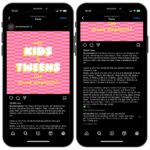
With it being extremely difficult nowadays to fully restrict a child’s access to influential online content, it’s, therefore, the responsibility of the parents to appropriately restrict their child’s access to potentially-harmful ingredients found in the skincare products they’re using. Drunk Elephant has always done a great job at including ingredient descriptions in the captions of its social media content, so it really is as simple as heading to its channels and self-studying.
https://www.tiktok.com/@drunkelephant/video/7308063803000868126
In 2023, Drunk Elephant gained its highest number of followers ever across all social platforms, totalling 3.1M across TikTok and Instagram alone and leading to a growth in awareness and sales. This pits Gen Alpha as a serious contender against the internet’s top target consumers, Millennials and Gen Z. As the children of Millennials and the first generation to be born into technology, Gen Alpha have shown marketers that they deserve to be considered when it comes to online purchase intent. Drunk Elephant didn’t kickstart this. It was always embedded within them.
With tides turning and Tweens now being the ones with their parents in tow when visiting Sephora, brands like Drunk Elephant can organically increase awareness and sales, as long as they aren’t seen to be actively promoting products containing potentially-harmful ingredients to children who don’t need it. If anything, the opportunity to bond with your child over creating a personalised skincare routine is a rather positive outcome in our books.
Gen Alpha ageing on social media was never about maturing one’s physical appearance. It was always about helping them transition into their newfound identity, shaped by the influencers and family members they look up to.
Social And Influencer Marketing News + Insights
Get in touch
We'll show you how to start powerful conversation, drive social engagement, build your brand, hit sales targets or meet other goals you have, wherever you are in the world.
Work with us

